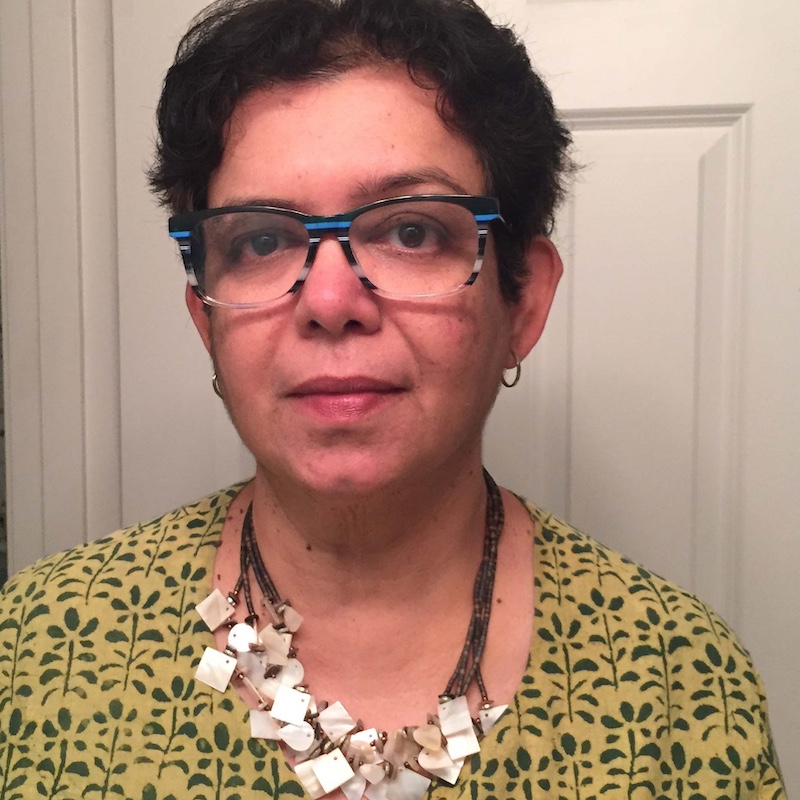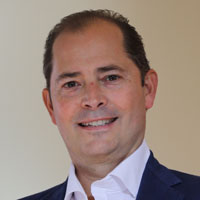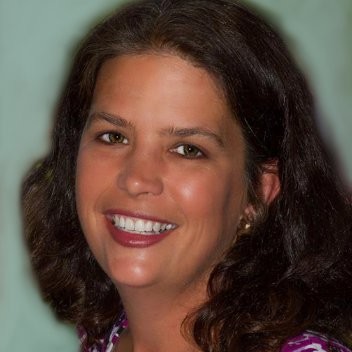Inherent group is a lot like other companies in the booming telecommunications and IT sectors. A multifaceted entity, it provides a wide range of services to a large and diverse group of enterprise and public-sector customers. The company is different from its peers in at least one particularly notable and relevant way, however: It’s French.
Being headquartered in Maxéville, France means inherent group is part of the broader European Union technology ecosystem. And that brings with it its own playbook. Decisions about data sovereignty and the sustainability of IT operations, for example, consume more bandwidth than they might at companies located elsewhere in the world.
Leading those and other important decisions at inherent group is President Pierre-Jean Beylier, who joined the company in 2003 and is now leading it through a period of major growth.
“We just announced a new adventure outside of France, in Belgium, through a small acquisition,” Beylier said in a video interview with The Forecast. “And hopefully over the next few years you will see us pop up in other European countries.”
The French Technology Ecosystem
During his tenure at inherent, Beylier has noticed that many organizations in France are catching up with business digitalization and are tracking a steep learning curve. “Small to medium-sized companies have a lot of work to do on that front,” he said.
It is precisely this market segment — companies with 50 to 5,000 employees — that constitutes inherent’s target customer base. Reliable, resilient connectivity at high speeds and bandwidth is a basic bread-and-butter need for companies in the Digital Age, and inherent has been seeing a spike in demand for related services.
“We also have larger companies come to us when they’re fed up with the big telcos and the lack of agility and response they’re getting,” Beylier said.
With digital transformation gaining an ever-larger foothold, companies are also paying attention to cybersecurity, which inherent also helps its customers navigate. Practically each country in Europe has its own cybersecurity agency for which vendors need certification, Beylier noted. “Sixty percent of small companies that get attacked go out of business within [six months of] the attack, so there’s more education and awareness of cybersecurity risks,” he said.
The issue came into sharper focus as France braced itself for an avalanche of cyberattacks in the leadup to the 2024 Summer Olympics in Paris.
Companies of all sizes rely on inherent to guide them through a dynamic technology landscape that is peppered with groundbreaking advancements — including artificial intelligence. Like Americans, Europeans are buzzing about AI, but “it’s in the hype phase right now,” noted Beylier, who said adoption will hinge on “better-identified use cases.”
Data Sovereignty and the Cloud
No matter the technology, data governance is key, as companies in France and the rest of the European Union have to abide by stringent data privacy laws like Europe’s General Data Protection Regulation (GDPR).
Data sovereignty — the principle that data management protocols must follow the rules of the country in which the data is gathered — is a big deal in Europe. “We believe that there’s an opportunity for us to offer such a sovereign environment where our customers can develop [their products and businesses],” Beylier said.
Inherent’s ability to deliver a sovereign environment comes in part from its commitment to following regulations that are specific to France, such as SecNumCloud, a certification required for companies that want to work with the French public sector.
Working within the straitjacket that is data sovereignty in Europe means paying attention to where and how data is stored. It’s an issue that’s growing in importance because France — especially as compared to the rest of northern Europe — is playing catch-up with respect to cloud adoption, Beylier said.
“A lot of companies have systems on-prem,” he noted. “They’re asking themselves, ‘Does that make sense? Wouldn’t I be more secure if I put my systems in an environment that has been built for digitalization and managed by people whose job is to secure these systems?’”
Adopting some variation of a hybrid cloud system necessitates catching up on securing data, networks and related infrastructure. Inherent has therefore been doing a lot of hand-holding for its clients, helping them secure data and networks while configuring infrastructure that meets specific needs.
Beylier sees containerization as a real and accelerating trend.
“Nutanix helps us really manage assets, infrastructure, on-prem, private cloud, public cloud, containers … all of it in a very flexible way through one console. That’s very powerful for us,” he said.
Sustainability: a Prime Concern
Operating a technology-based enterprise in France requires paying close attention to carbon emissions.
“IT sustainability is an absolute priority,” Beylier said. “Our ESG director reports directly to me.”
Because it’s responsible for 80% of its carbon footprint, customer equipment is an issue that inherent is particularly keen to address. In 2023, the company collected 14,000 routers and other outdated pieces of technology equipment from customers, a third of which it refurbished and used in-house. It sold another third.
While data centers in France mostly operate on green nuclear energy, inherent under Beylier’s leadership is working to maximize resource efficiency. Because water usage is a big challenge, the company “put in place data centers that don’t use water,” Beylier said. “We’re at the forefront of that.”
Selecting energy-efficient hardware and software components also is a priority.
“It’s about green IT and also IT for green,” Beylier continued.
One of inherent’s many success stories belongs to a large French home furnishings retailer that solicited its help to migrate from an inefficient VMware-based solution that required at least three servers in each of its many stores to a Nutanix AHV hypervisor in two data centers with a backup. By migrating to Nutanix, the retailer downsized from 525 servers to 20 and reduced energy consumption by 96%. The savings amounted to €1 million per year.
Doing business in Europe’s technology ecosystem is both challenging and rewarding, according to Beylier, who said he is looking forward to steering Inherent to a wider presence on the continent.
“I would say everything in Europe is complex because you need 27 people to agree on one thing,” he joked, then added that it also leads to better outcomes.
“In Europe, you have a diversity of interests, but we believe it also can bring better ideas.”
Poornima Apte is a trained engineer turned technology writer. Her specialties include engineering, AI, IoT, automation, robotics, climate tech and cybersecurity. Poornima's original reporting on Indian Americans moving to India in the wake of the country's economic boom won her an award from the South Asian Journalists’ Association. Poornima is a proud member of the Cloud (the sky, not the tech kind) Appreciation Society. Find her at wordcumulus.com.
© 2025 Nutanix, Inc. All rights reserved. For additional information and important legal disclaimers, please go here.







